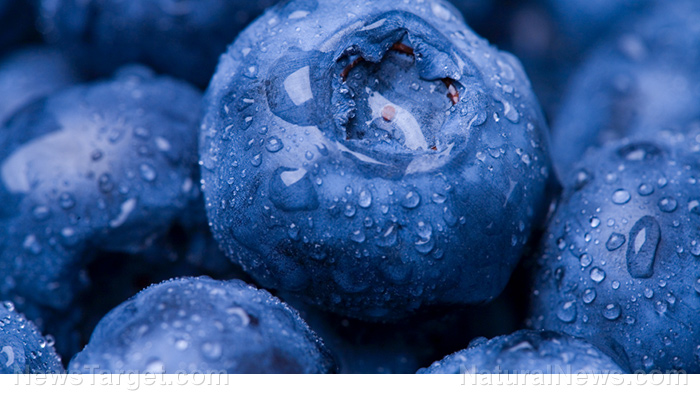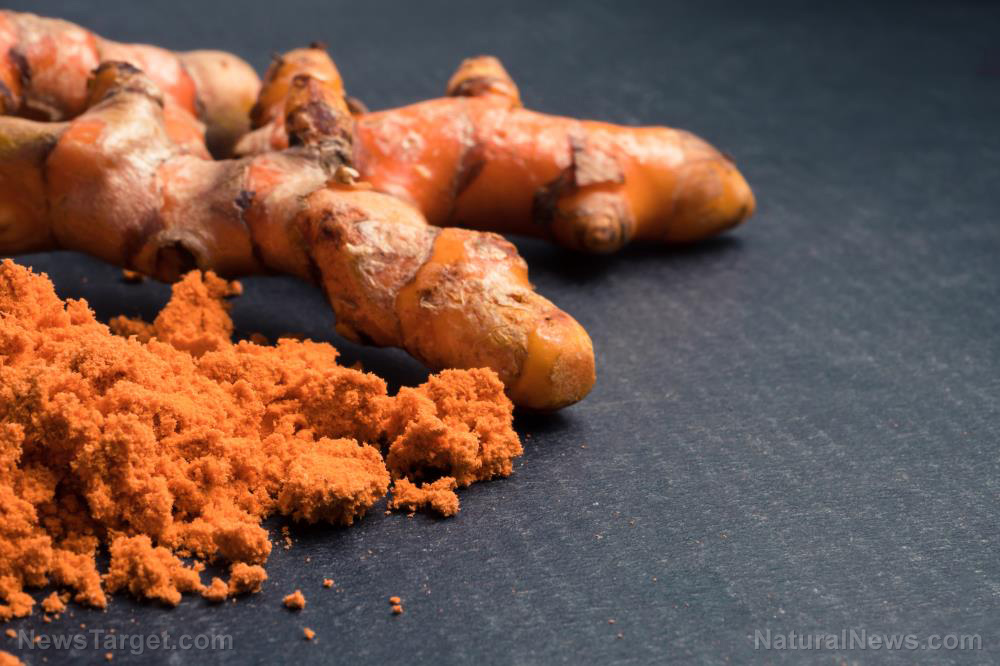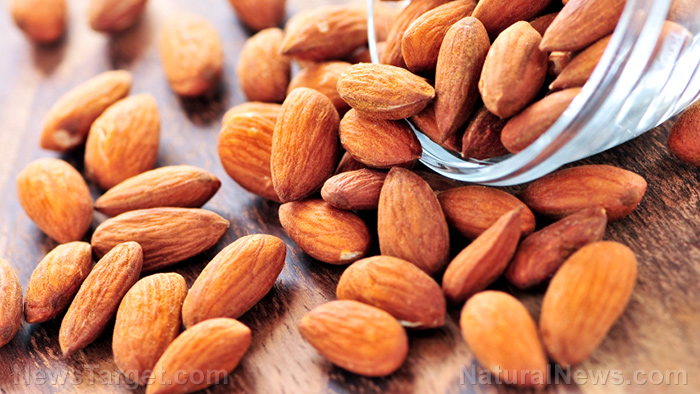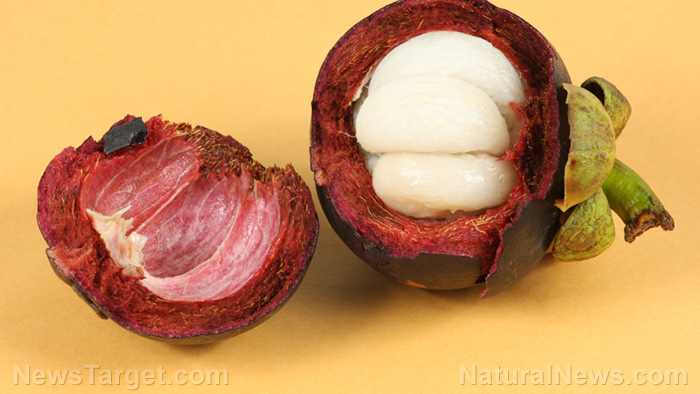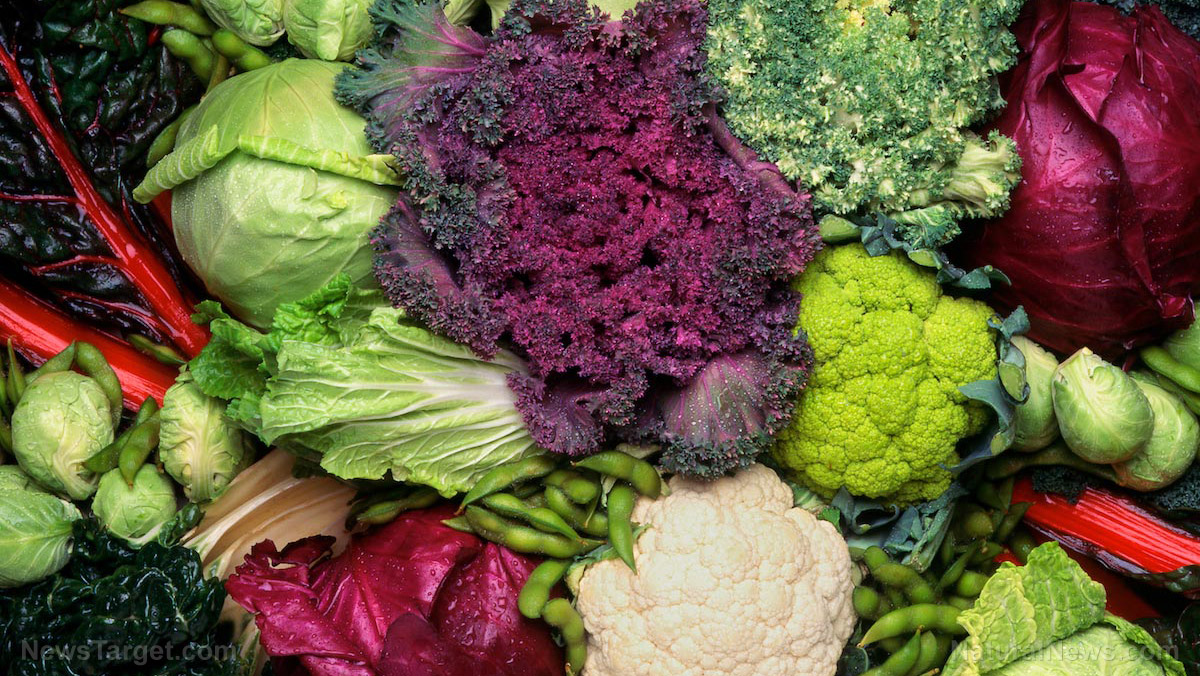Aged garlic extract found to be beneficial for people with high cholesterol levels
11/19/2018 / By Ralph Flores
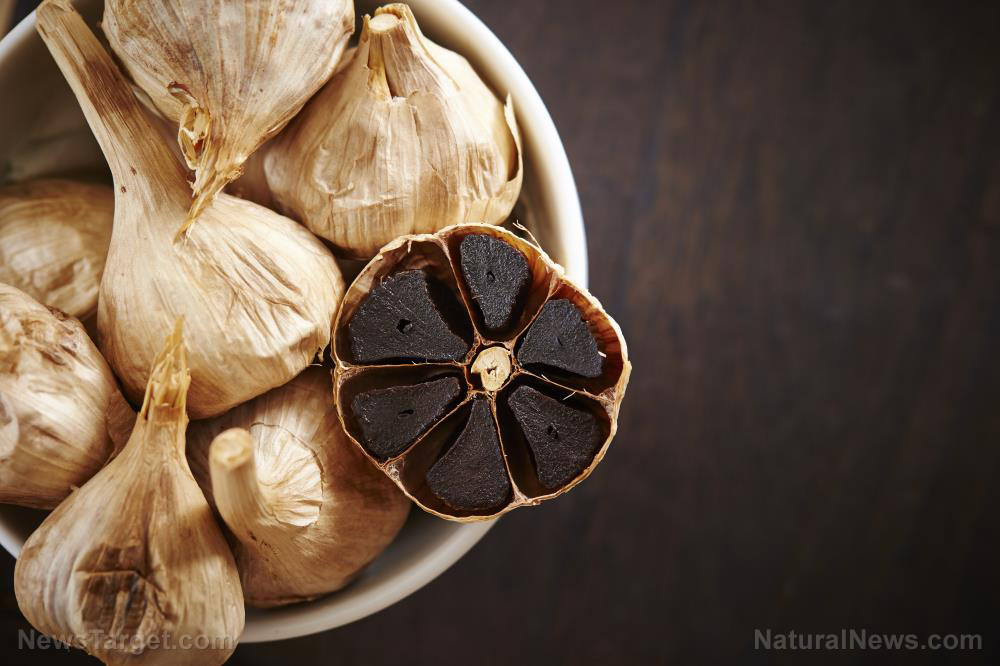
Aged garlic has been found to reduce the effects of lipid oxidation and oxidating stress, according to a study in the Journal of Medicinal Food. The study, led by scientists from Nanyang Polytechnic, compared the biological effects of raw and aged garlic extracts using a clinical trial of hypercholesterolemic individuals.
- There is limited information when it comes to the benefits of consuming aged garlic, despite multiple studies that compare it with raw garlic.
- For the study, the team designed a randomized, placebo-controlled, parallel-arm, double-blinded trial. It involved 41 participants, all of whom have hypercholesterolemia, and ran for 13 weeks.
- Researchers assigned the participants to receive either aged or raw garlic extracts (1080 mg) each day.
- Both extracts did not significantly impact blood lipid concentrations for all participants after the trials were finished.
- Individuals treated with aged garlic extract had significantly reduced their plasma and urinary F2-isoprostanes concentrations.
- Those who continued using aged garlic extract after 13 weeks also had decreased serum lipid hydroperoxide concentration and myeloperoxidase activity.
- In comparison, raw garlic extract did not affect F2-isoprostanes concentrations and lipid hydroperoxides.
- In vitro experiments using human neutrophils revealed that aqueous aged garlic extract prevented the formation of F2-isoprostanes and inhibited myeloperoxidase activity.
- Aged garlic extract also contained higher phenolic and S-allyl cysteine contents than raw garlic extract.
The findings suggest that the ability of aged garlic extract to myeloperoxidase accounts for its biological effects.
Learn more about the benefits of aged garlic extracts at SupplementsReport.com.
Journal Reference:
Ho XL, Tsen SY, Ng MY, Lee WN, Low A, Loke WM. AGED GARLIC SUPPLEMENT PROTECTS AGAINST LIPID PEROXIDATION IN HYPERCHOLESTEROLEMIC INDIVIDUALS. Journal of Medicinal Food. 1 October 2016;19(10):931–937. DOI: 10.1089/jmf.2016.3693
Tagged Under: aged garlic, blood plasma, garlic extracts, high cholesterol levels, hypercholesterolemia, lipid peroxidation, myelopreoxidase, phenolic content







